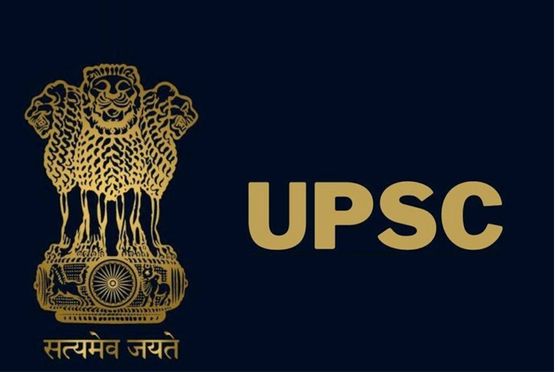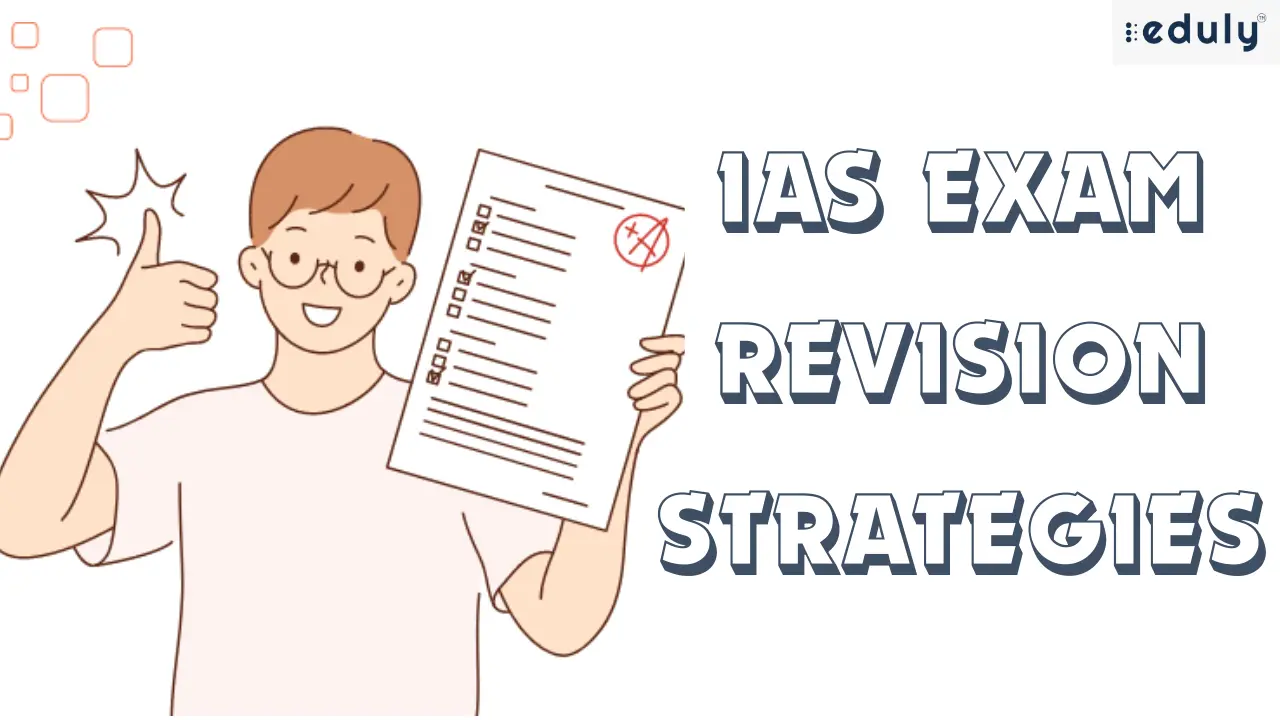The Indian Police Service (IPS) was formed in the year of 1948. It is one of the three All India Services. The cadre controlling authority for IPS is the Ministry of Home Affairs.
IPS (Indian Police Services) is a highly respected post in the internal security system of India. Indian Police Services is the most fundamental pillar of Indian democracy.
IPS Officer plays the pivotal role in establishing law and order at the grassroots level in the country. The post of an IPS Officer is an achievement in itself.
The recruitment for IAS and IPS officers are conducted through the Civil Services Examination which is held by the Union Public Service Commission (UPSC) every year.
They are also promoted from State Police Services and DANIPS. However, at present, recruitment from Limited Competitive Examination has been put on hold.
An IPS officer gets to wear the Ashoka emblem on their uniform, which embodies the greatness of what India stands for, Peace and nonviolence, dedication and sacrifice for the sake of the countrymen.
Job profile of IPS Officers can change according to the state or the territory allotted and the career progression due to which the rank would change.
The entry-level designation of an IPS Officer would be SP (Superintendent of Police) rank. Progressively the officer is promoted to the next level as DIG (Deputy Inspector General) Police, IG (Inspector General) Police, Additional DG (Police) and DG (Director General) of Police.
Performance Appraisal of an IPS

The post of IPS offers immense power to the officer especially some non-mentioned powers to maintain order in the society in the time of crisis. The IPS service is not a force itself but it does provide leaders and commanders to staff the state police and all-India Central Armed Police Forces.
An IPS officer is the head of the all the district level officers, Superintendent of Police (SP) and Deputy Superintendent of Police (DSP).
Moreover, an IPS is in charge of the overall functioning of the district and solving even a slightest malpractice or malfunction in the policing system is held as the part of his duties and responsibilities.
Functions of IPS
With the passage of time Indian Police Service’s objectives were updated and redefined, the current rules and functions of an Indian Police Service Officer are as follows:
- To fulfill duties based on border responsibilities, in the areas of maintenance of public peace and order, crime prevention, investigation, and detection, collection of intelligence, VIP security, counter-terrorism, border policing, railway policing, tackling smuggling, drug trafficking, economic offences, corruption in public life, disaster management, enforcement of socio-economic legislation, bio-diversity and protection of environmental laws etc.
- Leading and commanding the Indian Intelligence Agencies like Research and Analysis Wing (R&AW), Intelligence Bureau (IB), Central Bureau of Investigation (CBI), Criminal Investigation Department (CID) etc., Indian Federal Law Enforcement Agencies, Civil and Armed Police Forces in all the states and union territories.
- Leading and commanding the Central Armed Police Forces (CAPF) which includes the Central Police Organizations (CPO) such as Border Security Force (BSF), Central Reserve Police Force (CRPF), Indo-Tibetan Border Police (ITBP), National Security Guard (NSG), Central Industrial Security Force (CISF), Vigilance Organizations and Indian Federal Law Enforcement Agencies.
- To interact and coordinate closely with the members of other All India Services and with the Indian Revenue Service and also with the Indian Armed Forces primarily with the Indian Army.
- To lead and command the force with courage, uprightness, dedication and a strong sense of service to the people.
- Endeavor to inculcate in the police forces under their command such values and norms as would help them serve the people better.
- Inculcate integrity of the highest order, sensitivity to aspirations of people in a fast-changing social and economic milieu, respect for human rights, the broad liberal perspective of law and justice and high standard of professionalism.
Powers of IPS officer
An IPS officer possesses the law and rules. That everything stated in the constitution of India. An IPS officer has powers similar to that of an SHO (Station House Officer); they can take over investigation either by suo-moto or as per the instructions of the government.
Primary Power OF IPS:
The primary duty is to make sure that people under their jurisdiction are safe. At the district level, an IPS officer works along with an IAS officer to maintain law and order.
Some of the most important responsibilities of an IPS officer are-
- Preventing crimes
- Preventing accidents (Social, Economic etc.)
- Accident management
- Detection of crimes
- Registration for the first information report
- Providing security for the transportation of cash
- Taking action against the prosecution and recovery of the stolen things
- Providing permission for loud-speakers, rallies, political/religious functions
Some Unsaid Powers of an IPS Officer:
The police force is a place where you really can make a difference to society at all levels. In India, moreover, working conditions for the police are far from ideal, the supporting technologies are outdated and work has to go on often in most primitive conditions, not to mention within the framework of a legal system that is quite restrictive and very slow moving.
IPS Leads all Security Commands:
IPS Officer leads and commands the Central Police Organizations like Vigilance Organizations, National Security Guards, Intelligence Bureau, CBI, BSF, Indo-Tibetan Border Police, and CRPF. For Example, our national security advisor Mr. Ajith Doval was also an IPS officer and now he is the advisor for the PM in defense issue.
IPS officers also play the role of commander for CBI (Central Bureau of Investigation), CRPF (Central Reserve Police Force), NSG (National Security Guard), IB (Intelligence Bureau), BSF (Border Security Forces) and last but not the least, Indo-Tibetan Border Police.
Maintaining Peace:
IPS officers play a pivotal role in maintaining overall peace in the allocated district and they are the indispensable part of decision-making process related to all are peacekeeping actions taken within the city.
Security for VIP:
IPS officers are often responsible for the security of VIP’s especially for the protection of Chief Ministers and Prime minister as well.
Disaster and Crisis Management:
It is the responsibility of an IPS officer to make sure the crisis situation is managed effectively by identifying the cause of the disaster and to make sure of the security of the people. For example, in the case of riots or disaster, the IPS officer can hold immediate meetings of the armed forces or NDRF to maintain order in the chaos.
Implement the Laws at the Regional Level:
IPS officers have to make sure that rules are followed in their allotted district or state, for example, any new environmental laws, health or traffic guideline etc. They have to make sure that all the laws are clear to people and that local police are making sure that all the laws are followed.
Prevent even the Economic Offenses:
IPS officers have to make sure that there is no physical or economic harm to properties or people in their allotted area.
In order to do that IPS officers have to collaborate with local police services to stay proactive and prevent such mishaps from happening.
Commanding Police Forces and collaborating with the Indian Army:
IPS officers are responsible for commanding state and union territories police forces. They have to sometime coordinate and work along with the Indian Army as well in case army is deployed in the region for special purposes.
They inculcate integrity of the highest order, sensitivity to aspirations of people in a fast-changing social and economic milieu, respect for human rights, the broad liberal perspective of law and justice, high standard of professionalism, physical fitness and mental alertness.
IPS officers simply follow the rules under the Police act, PSO, CrPC, etc. They are allowed to implement those immense functions because the government and the law of this land believe them to do so, and an IPS officer does it. They are powerful in this way.
Conclusion:
The job of an IPS calls for plenty of guts but gives little glory. It often requires an IPS officer to go without sleep for days together, with one’s wits and reflexes on constant call. IPS comes in contact with the worst of society and occasionally the best. Being part of the police is no easy task at any level.
While the IAS is a generalist service, the IPS focuses exclusively on matters of law and order although this provides for a wider canvass to perform than most of us might think.
A police officer could be doing anything from organizing traffic duties to managing the regulations to drive the commercial and civil life and protecting the lives and property of citizens.
An IPS officer constantly deals with people, so good interpersonal and people management skills are important but he should also be able to make quick yet sensitive judgments about people and keep his cool under pressure.
IPS officers in India work as senior police officers. IPS officers maintain public peace and order, prevent crime, investigate, collect intelligence, provide security to VIPs, and tackle terrorism and a range of other crimes.
This is the career for you if you have been inspired by police detectives in Hollywood movies, TV series and detective novels and stories.
IPS is a very best, highly respected post in the internal security system of such a vital and diversified country. It also provides us the chance to serve the society by taking head on the antisocial element of the country.



